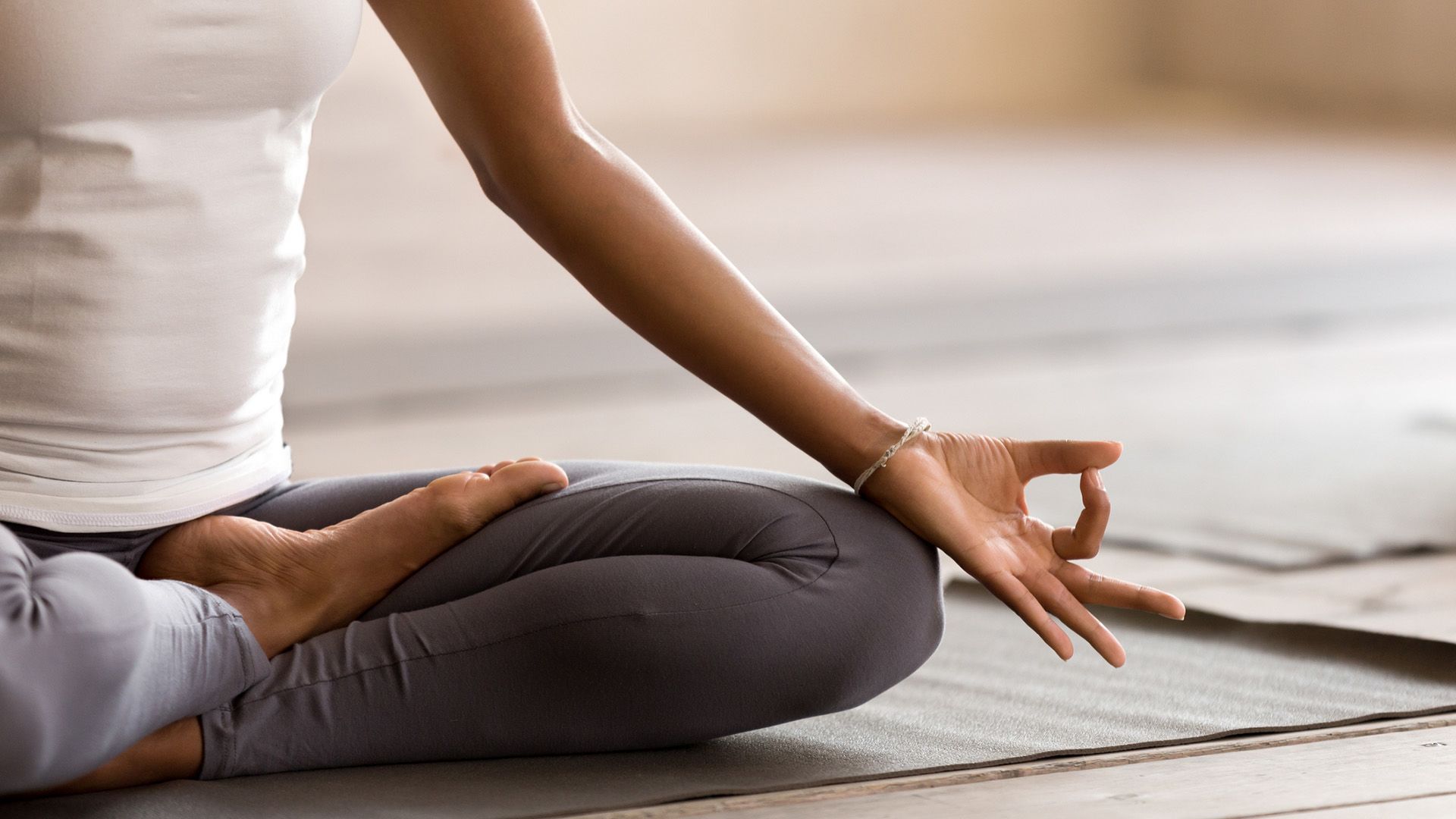Hidradenitis suppurativa (HS) is an inflammatory skin condition that causes boil-like lesions, often in very sensitive areas of the body, including the groin, under the arms, and under the breasts. In addition to being painful and uncomfortable, HS can also cause significant scarring and lead to other serious complications.
Given these symptoms, it’s no surprise HS is associated with significant emotional and psychological distress. Adding to this distress is the fact that HS is often misdiagnosed as another skin disorder (such as acne, a bacterial infection, or in some cases, a sexually transmitted infection).
Delays in diagnosis lead to delays in appropriate treatment. Delays and misdiagnosis can also cause a person to feel distrustful and frustrated with healthcare providers.
If you are living with HS, it’s important to seek treatment from a dermatologist. There are multiple treatments available for HS that can help relieve discomfort, help heal damaged skin, and help prevent symptoms from flaring up in the future.
Lifestyle changes can also play an important role in treating HS. This can include steps like losing weight and quitting smoking. It can also include adding something like meditation into your daily or weekly routine.
What meditation can do
Research has shown that meditation can have benefits for people living with chronic illnesses, inflammatory disorders, skin conditions, and chronic pain.
Meditation is a practice that involves focusing your attention and awareness, minimizing distractions and thoughts (especially negative thoughts). Meditation has been around for centuries and is practiced by many cultures throughout the world.
Meditation has seen a surge in popularity in recent decades, with much of the attention placed on a type of meditation called mindfulness meditation.
Mindfulness meditation may help a person lessen stress and disengage from negative thoughts. It may help a person better cope with pain and discomfort in the present, and the uncertainty and anticipation of relapses.
There is also some research that suggests that meditation can lessen inflammation and regulate immune system activity.
Getting started with meditation
Another benefit of meditation is that you don’t need much to get started. Find a quiet, distraction-free place where you can settle into a comfortable position. You can queue up a video or audio recording that guides you through meditation—there are many available for free.
You can also simply set a timer (start with three to five minutes) and spend that time focusing on your breathing, the sounds around you, or how your body feels. Try to clear your mind and think as little as possible.
Another great thing about meditation—you don’t need to do it perfectly, you just need to get started.
The limitations of meditation
While meditation can be a useful tool for coping with stress or letting go of negative feelings, it should not be used as a substitute for treating conditions like anxiety and depression—serious mental health disorders that are prevalent among people who have HS.
Disorders like depression and anxiety require treatment from a mental health professional. Even if you are not experiencing anxiety or depression, a mental health provider is a valuable resource for addressing the unseen symptoms of HS—such as embarrassment, shame, low self-esteem, low self-worth, and stress.






